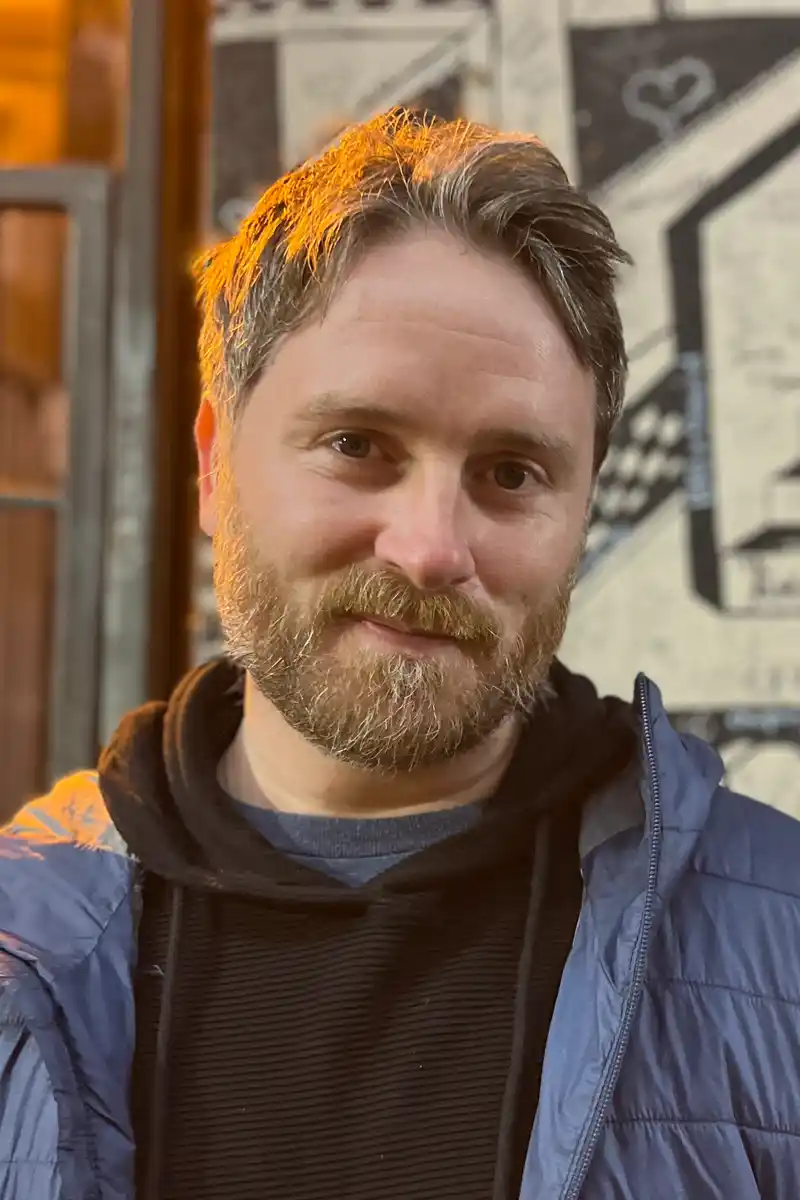Henricks, Kasey

Kasey Henricks
Assistant Professor of Criminology, Law, and Justice | University of Illinois at Chicago
As a child of Chattanooga and someone who calls a Knoxville holler his home, Kasey Henricks has deep roots in the Mountain South of Appalachia. He is also an Assistant Professor in the Department of Criminology, Law, and Justice at the University of Illinois at Chicago. He likes to pursue big questions through small things. Looking to often overlooked objects of the everyday, from parking citations to lottery tickets, Kasey’s research uncovers how race and class inequalities are reproduced through reconfigurations of public finance under late capitalism. More specifically, he has a publication record that follows a two-fold examination of 1) how seemingly face-neutral modes of raising revenue yield disparate consequences in who pays for social services and 2) the ways in which raced and classed antagonisms ideologically shape, and become shaped by, conflicts grounded in state finance. His work documents predatory developments in the emergence of piecemeal revenue systems over the past half-century, showing how raced and classed dynamics are implicated in transformations of state finance that have become increasingly regressive and upwardly redistributive to capital interests across the globe.
Although Kasey never earned a high school diploma, he completed a PhD with distinction at Loyola University Chicago. A lot of love and sacrifice from the kinfolk of Appalachia made that achievement possible. He also holds a bachelor’s degree from Austin Peay State University and an associate’s from Chattanooga State Technical Community College. Prior to arriving at the University of Illinois at Chicago, he was a faculty member of the University of Tennessee in the Department of Sociology for six years. He has held fellowships at the American Bar Foundation, the Max Planck Institute for the Study of Crime, Security, and Law (Freiburg, Germany), the KWI Institute for Advanced Study in the Humanities (Essen, Germany), and the Institute for Research on Race & Public Policy, and his research has been supported by funders like the National Science Foundation, the Russell Sage Foundation, and the Chicago Community Trust. Some of his work has been recognized with awards from the American Sociological Association, Society for the Study of Social Problems, Law and Society Association, Association of Black Sociologists, Association for Humanist Sociology, Southern Sociological Society, Eastern Sociological Society, and Southwestern Sociological Association.
Representative Publications (* indicates collaborations with graduate students)
Henricks, Kasey, Chris D. Poulos,* Iván Arenas, Ruben Ortiz,* and Amanda E. Lewis. 2022. 475,106 Mistakes: The Cost of Erroneous Parking Tickets. Institute for Research on Race & Public Policy.
- 2023 Publication Award, Section on Sociological Practice and Public Sociology, American Sociological Association
Henricks, Kasey and Ruben Ortiz.* 2022. “Individuals in Default or the System? Race and Ethnicity, Stratification Views on Legal Debt, and Desire for Escalating Punishment.” Sociology of Race & Ethnicity8(1):6-25.
Henricks, Kasey. 2020. “The Verticality of White Space: Depths of Ticketing Exposure and Concealment in Chicago’s 42nd Ward.” American Behavioral Scientist 64(14):1975-1994.
Henricks, Kasey. 2018. “‘I’m Principled Against Slavery, but …’: Colorblindness and the Three-Fifths Debate.” Social Problems 65(3):285-304.
- 2015 James E. Blackwell Distinguished Graduate Student Paper Award, Section on Racial and Ethnic Minorities, American Sociological Association
Henricks, Kasey and David G. Embrick. 2017. State Looteries: Historical Continuity, Rearticulations of Racism, and American Taxation. Routledge.
Select Honors
2021, Junior Scholar Award on behalf of the Southern Sociological Society
2018, Recognition of Excellence for Editorial Service and Public Engagement on behalf of Social Problems, the journal of the Society for the Study of Social Problems
2017, The Chicago Sun-Times described Kasey’s research as “lengthy”